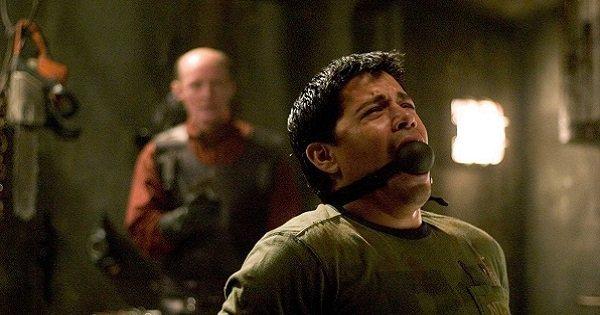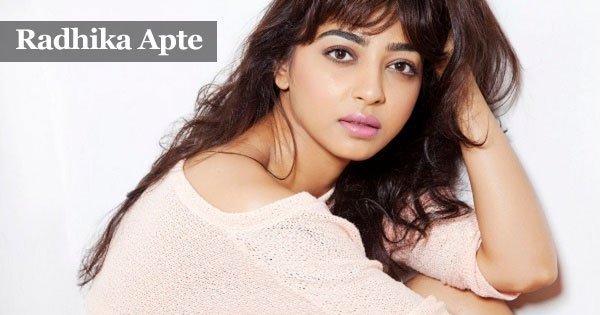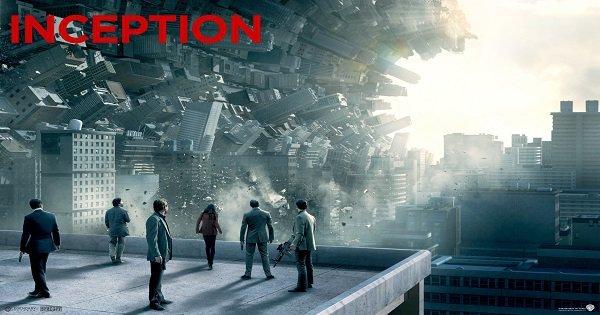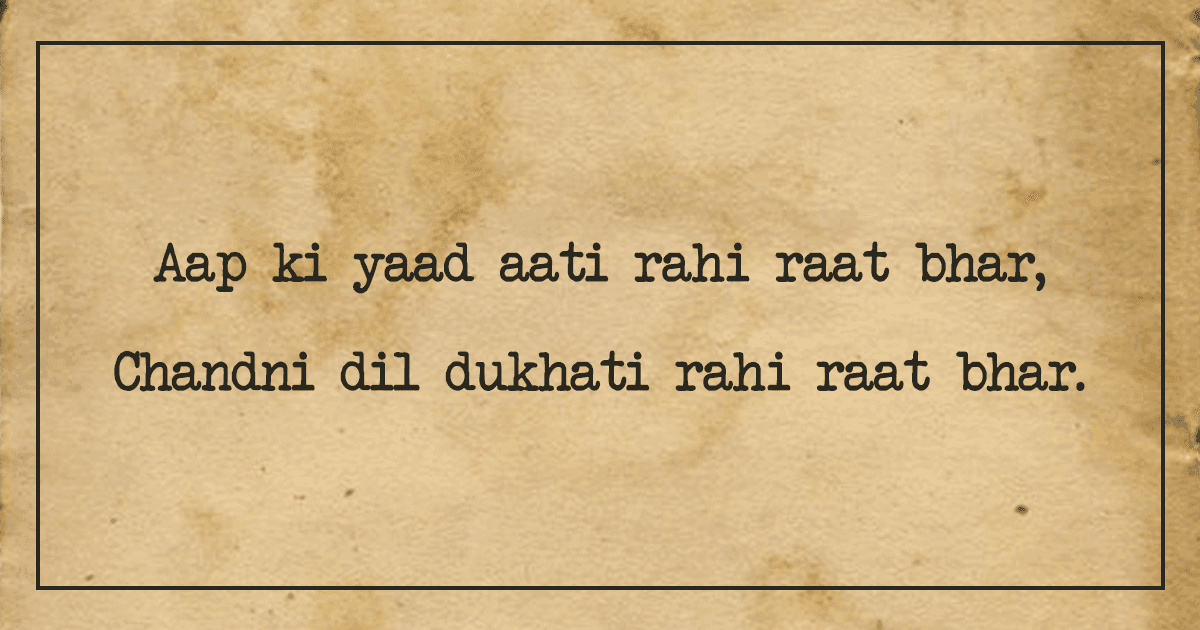A little boy is trudging aimlessly on a railway platform. All he has, is a small backpack in the name of a prized possession. Tired, he throws his backpack on a bench and settles down for some much needed break.
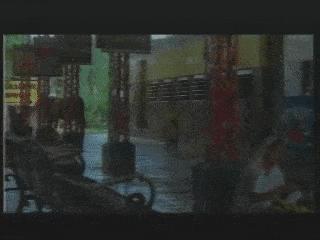
Meanwhile, his family help who’d been sent to look for him, sees him sitting on the bench but strategically walks past him.
“Ramu kaka!” the little boy’s face lights up as he finally sees a familiar face amidst a sea of strangers.
“Arrey Babloo! What are you doing here?” Ramu kaka asks.
“Everybody keeps shouting at me. I’ve had enough. I’ve left home for good,” Babloo answers with a hint of resilience in his voice. His decision seems final.
“But mom has made hot jalebis at home,” says Ramu kaka.
“Jalebi!” Babloo squeals with happiness. The idea of leaving home doesn’t seem so lucrative now. Hot jalebis at home beckon.
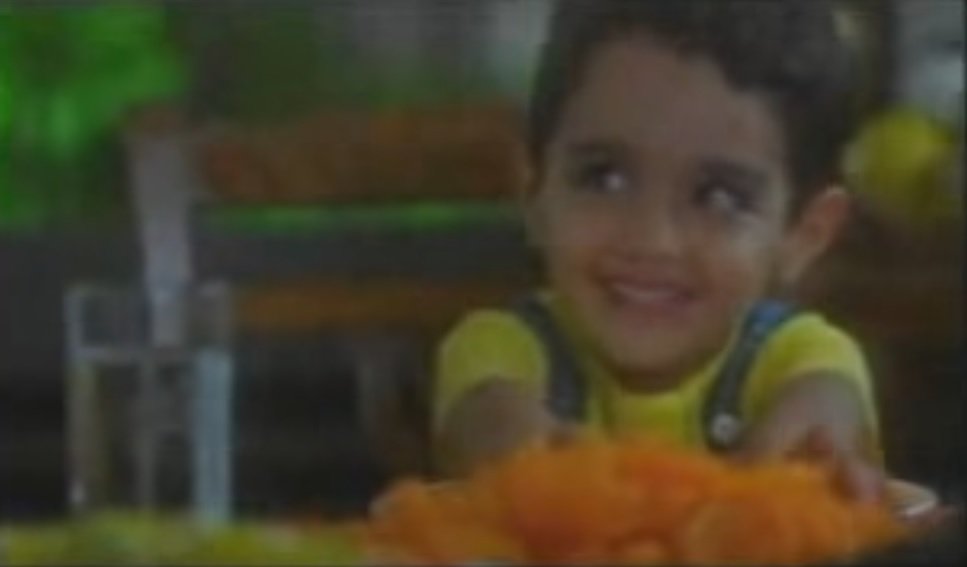
Almost 30 years later, the ad still holds strong. And no, it’s not my 90s ka nostalgia speaking but it’s because of the strong script and the warmth the ad emotes that it remains fresh in public memory till date.
Yes, the ad was about Dhara but it wasn’t just about Dhara. The product was but a mere prop used to address the emotional bond we Indians share with food. The product merely addressed the fact that it’s only in India, that a plate of jalebis can bring a family closer.
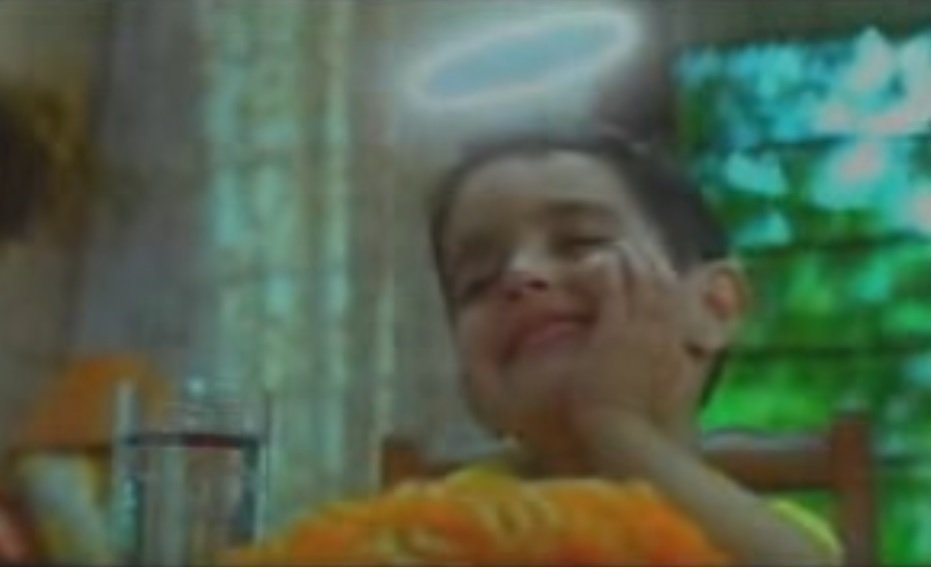
And not just Dhara. Think of campaigns like Complan’s I’m a Complan boy/girl and Fevicol’s Dum Laga Ke Haisha (which got so famous that a movie was named after the tagline).
Think of the awesome way in which Cadbury had captured the jubilation of a match won with their tagline “Kya swad hai, zindagi mein!”.
And who can forget this awesome dance step that the ad had given us.
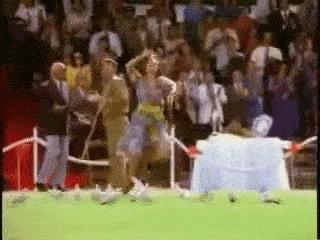
Think of the tagline “The healthy oil, for healthy people” by Sundrop. We know you can still hum along to it.
And yes, we’ve all tried doing that somersault atleast once.
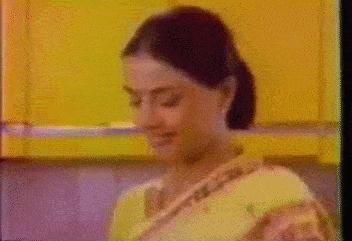
Yes, there was a time when even ads had a shelf life. A time when ads were treated as art form, and rightly so. A time when equal emphasis was laid on selling the products and connecting with the audience.
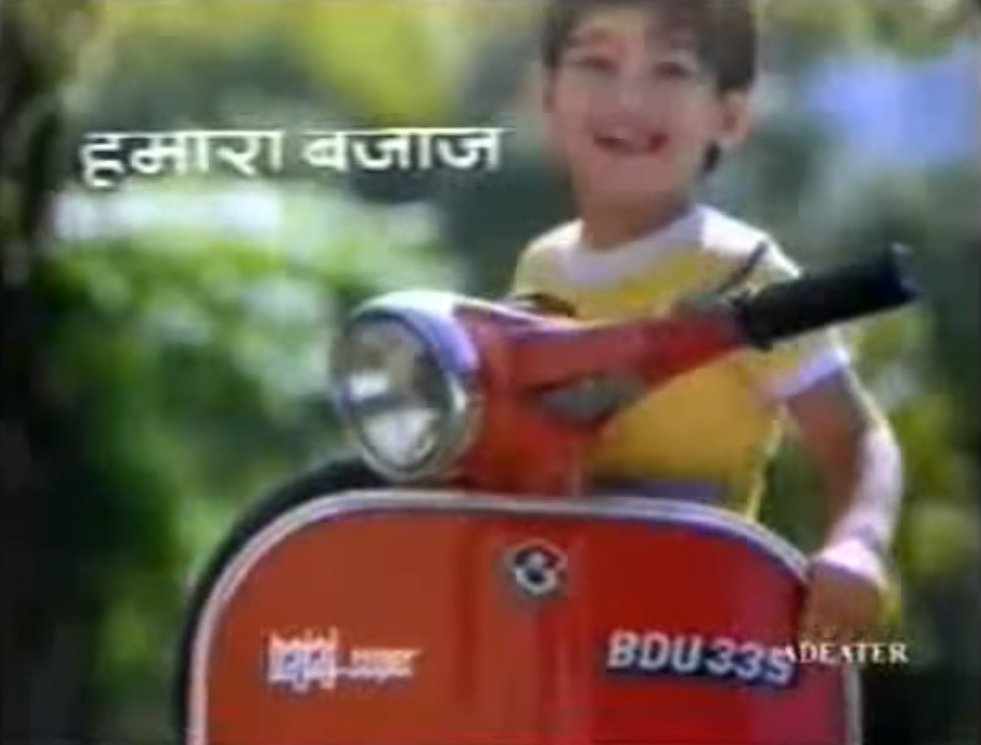
Which makes me wonder, why aren’t we making ads like those any more?
What happened?
It’s not as if there’s a dearth of talented people in the advertising world. We still have people like Prasoon Joshi, Prahlad Kakkar and Piyush Pandey. Then why are ‘feels’ missing from ads these days? Why has the recall value of ads dipped to an all time low?
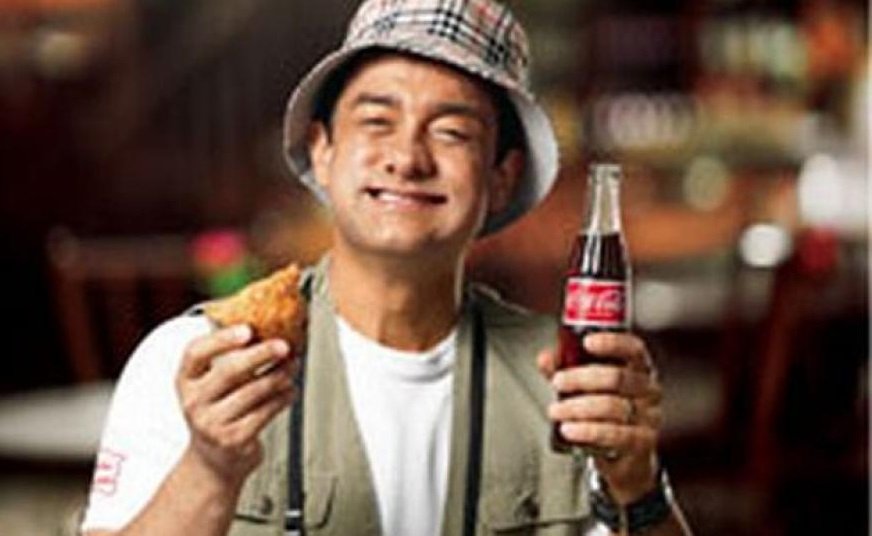
Just ask yourself. What is the last ad jingle you remember? What is the last tagline you remember?
Not very long back, there was a plethora of catchy tunes and taglines. ‘Kya aap Close-up karte hain?’, ‘Thanda matlab Coca Cola’ and ‘Washing powder Nirma’ to name a few.
Cut to 2017 and what do we have?
This.
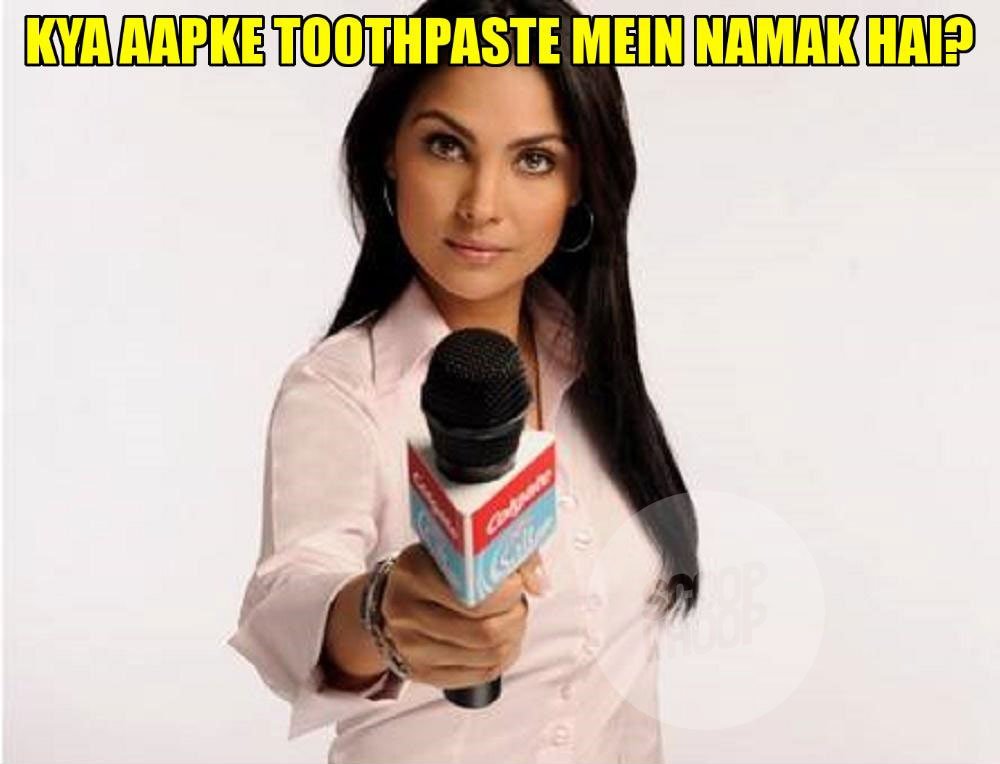
Perhaps what has changed now is the fact that sellers have started thinking of people as customers and not consumers. A customer may or may not be a business entity but a consumer is always someone with a personal dream. Someone with an aspiration. Whether they buy a packet of milk or a car, the entire family of a consumer is involved.
It was these small aspirations of the common man that the ads of the bygone era used to respect.
It was never just a scooter. It was ‘Humara Bajaj’, a part of your family.
It was never just Amul. It was Amul, ‘the taste of India’. It was something that gave us a sense of unity.
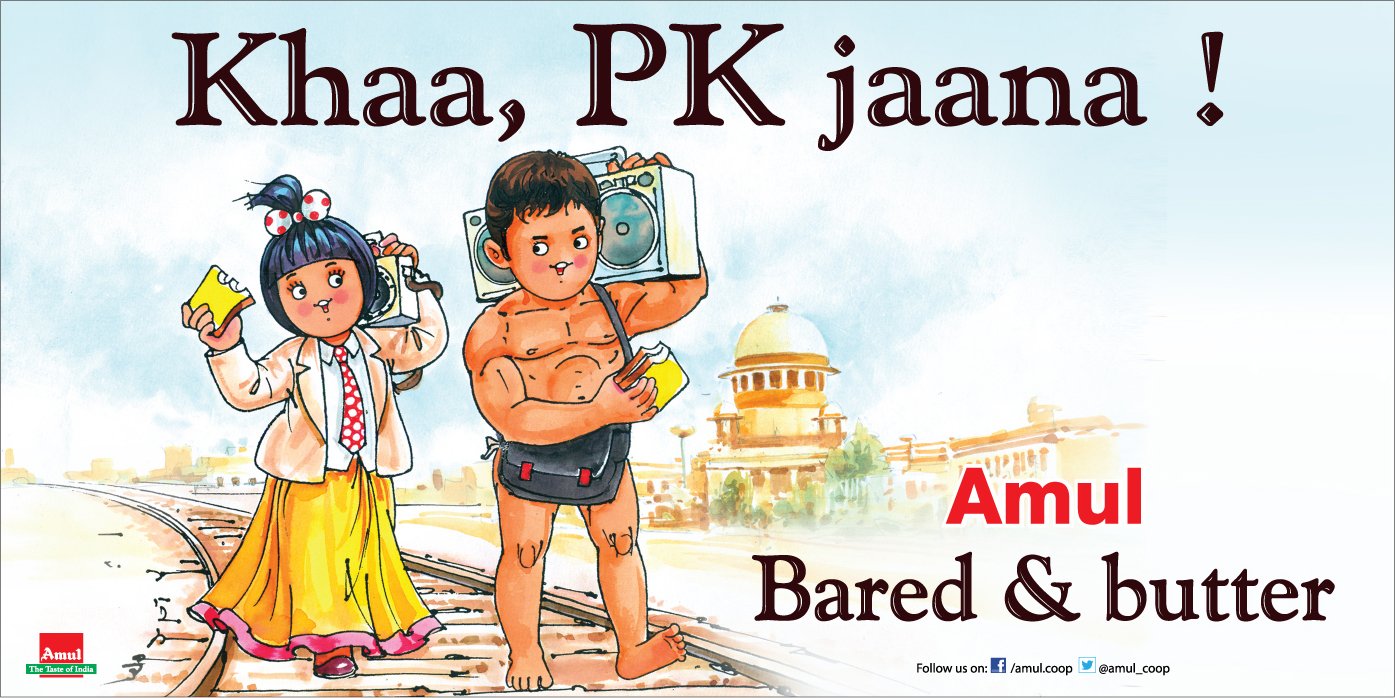
Yes, their main aim was to sell their products. But via their ads, they gave us much more than just their products. They treated our dreams as their own. They put themselves in our place and made ads that would’ve emotionally moved them as well.
Which explains why instead of skipping them, we used to actually look forward to them. So much so, that many of us still search through the depths of YouTube looking for them.
Can you imagine yourself looking for an ad on YouTube (or any other video sharing platform prevalent then) from present times 30 years from now?
Probably not.

I firmly believe that the Indian advertising sector has some of the most creative minds in the world. But somehow, they seemed to have taken a sabbatical. Thankfully, we have Humara Bajaj and I love you Rasna for company.




